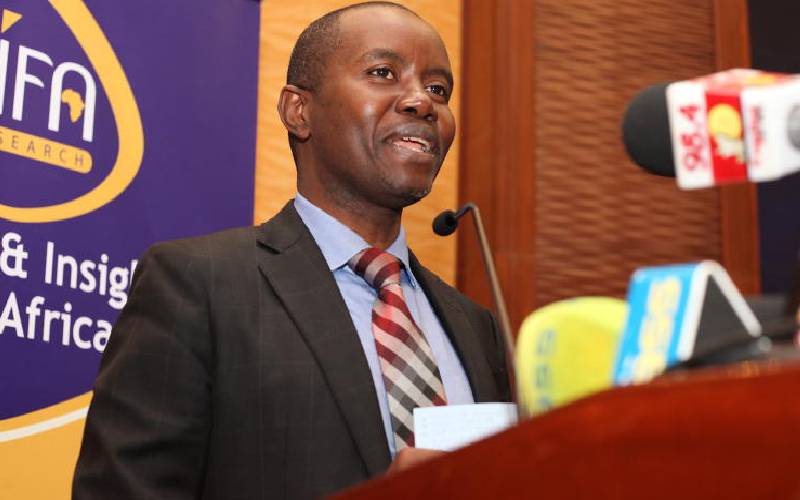×
The Standard e-Paper
Stay Informed, Even Offline

ICT Cabinet Secretary Joe Mucheru. [Standard]
Multinational firms with local operations might in future have to produce their adverts locally or pay a premium to air them on the local channels. This is as the State considers penalising them for commercials shot in other markets and aired in Kenya.